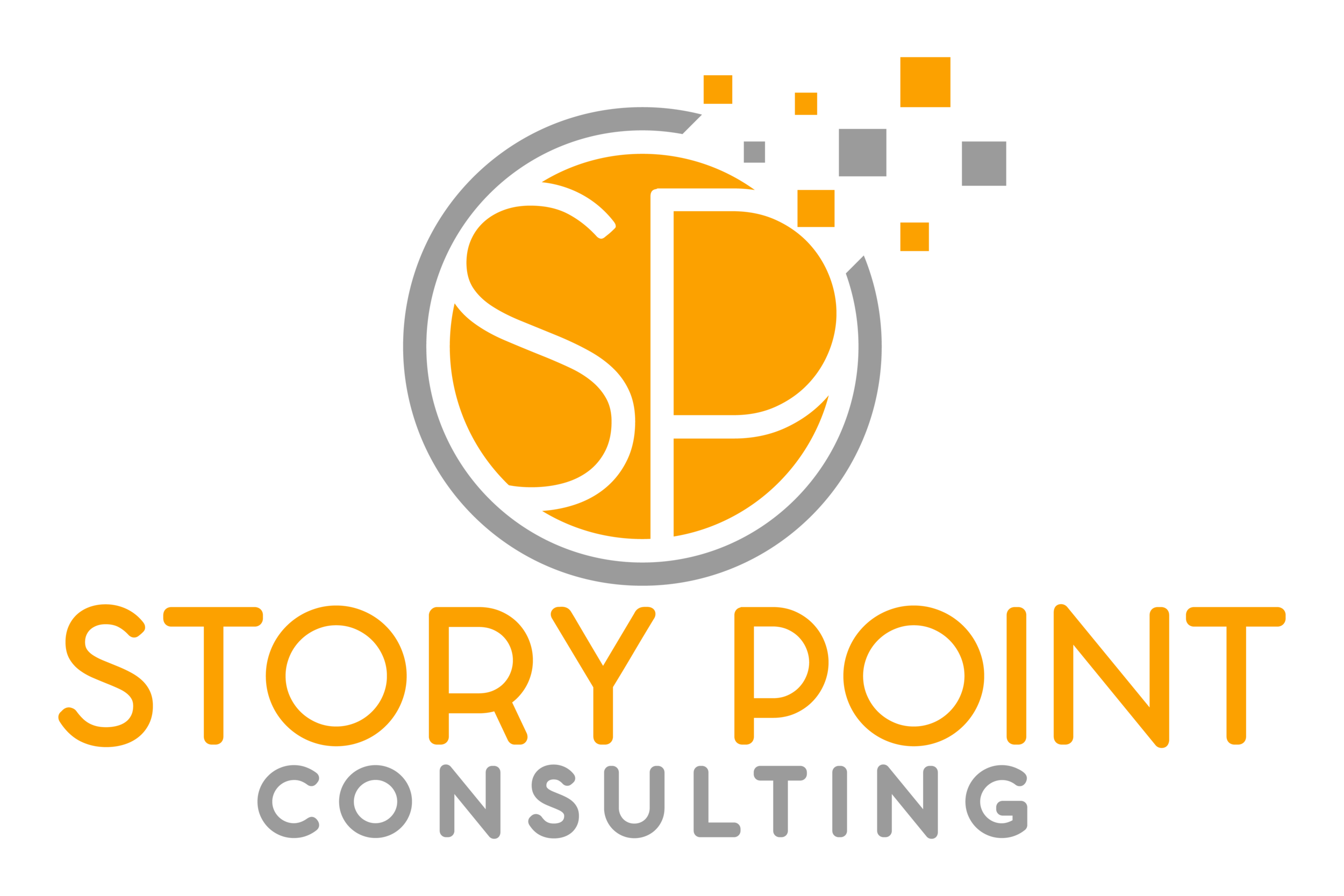A Quick Guide to Managing Your Donor Data
Numerous organizations find themselves without specific policies or procedures for managing their data effectively. Instead, they often have an assortment of files, spreadsheets, and various forms that contain a variety of details about those that support their organization.
However, the primary issue is that these organizations lack the necessary tools to consolidate their data into one central location. This centralization is crucial for maintaining a clear, comprehensive view of their data, easing access, and ensuring the accuracy of the information. A centralized system can also enhance data security and facilitate better decision-making.
Data is an incredibly valuable asset to a nonprofit organization. And when an organization has a system to manage their information, such as a donor database, it’s less likely to be misplaced, and makes using data much easier.
What is a nonprofit donor database?
A database is simply an organized collection of information about those that support your organization. It can help track key fundraising metrics and measure the success of your fundraising plan. It is also an important piece of your stewardship plan as it can store additional information about your supporters which will help cultivate deeper relationships, and help your organization create more tailored communications.
What are the benefits of a nonprofit donor database?
A donor database keeps all of your donor information in one location which can help improve the ability to share an organization’s data with everyone on the team. Not only can you keep track of important information such as a donor’s contact information, but also details about why they give. This information helps an organization to understand its donors better.
A database also allows your organization to keep track of giving histories or how a donor interacts with your organization, making it easier to manage your fundraising strategy. Some other key benefits of a database are:
Prospect research. A database can store details about your prospective donors, thus helping with prospect research. This ensures that your organization is well-equipped with relevant information before reaching out to potential donors.
Track key metrics. Keeping track of metrics relevant to your organization is a crucial step in shaping your fundraising strategy. These metrics, which can include donor retention rates or average donation amounts, offer insights into the effectiveness of your fundraising efforts. By utilizing a data-driven approach to fundraising, you ensure that your fundraising strategy aligns with your organization's objectives and fundraising goals.
Build stronger relationships. Collecting details about your donors such as their overall involvement with your organization and general interests can help build stronger relationships with your donors. This insight not only helps personalize your donor communications, but tailor your organization's approach to match your donors' preferences, ultimately cultivating stronger and lasting relationships.
Can our nonprofit organization use spreadsheets?
It is possible to use spreadsheets to manage your donor data. In terms of cost, spreadsheets are very accessible. For organizations that do not have the budget for donor management software it can be a good option. Spreadsheets are good at organizing data, and are great tools to analyze your data. However, you have to make sure of the following:
There is data validation in place to ensure that data is entered in the correct format. For example, entering text in a field where only numbers should be entered.
Everyone on your team needs to be familiar with the formulas used, and if the formulas are linked to other cells or other worksheets. There is nothing worse than someone accidentally updating or deleting a formula which can lead to several errors.
As your spreadsheet grows it can become very time consuming to maintain. Additionally, it may take more time to validate your spreadsheet to make sure that it is error-free and that the data makes sense.
Should our nonprofit make the switch to donor management software?
There is no “one size fits all” solution when it comes to managing your donor data. The decision to transition from tracking donors in documents or spreadsheets, to a dedicated donor database, largely depends upon the unique needs and size of your organization.
Before making such a move, it is crucial to assess your existing processes thoroughly. Do they still serve their purpose efficiently? Are they still effective in meeting your organization's needs? If the answer is not a resounding yes, then it might be time to consider a donor management software that can better streamline your operations and improve efficiency. However, keep in mind that the best database for your organization is one that fits your specific needs. It is not about having the most advanced or expensive system, but the one that works best for you.




